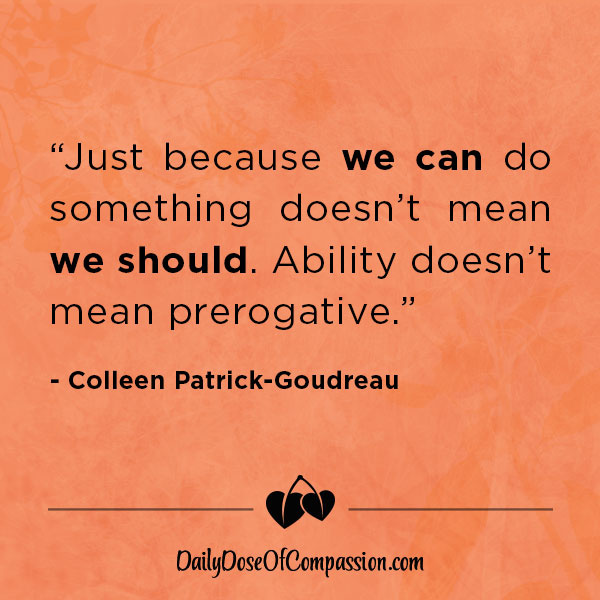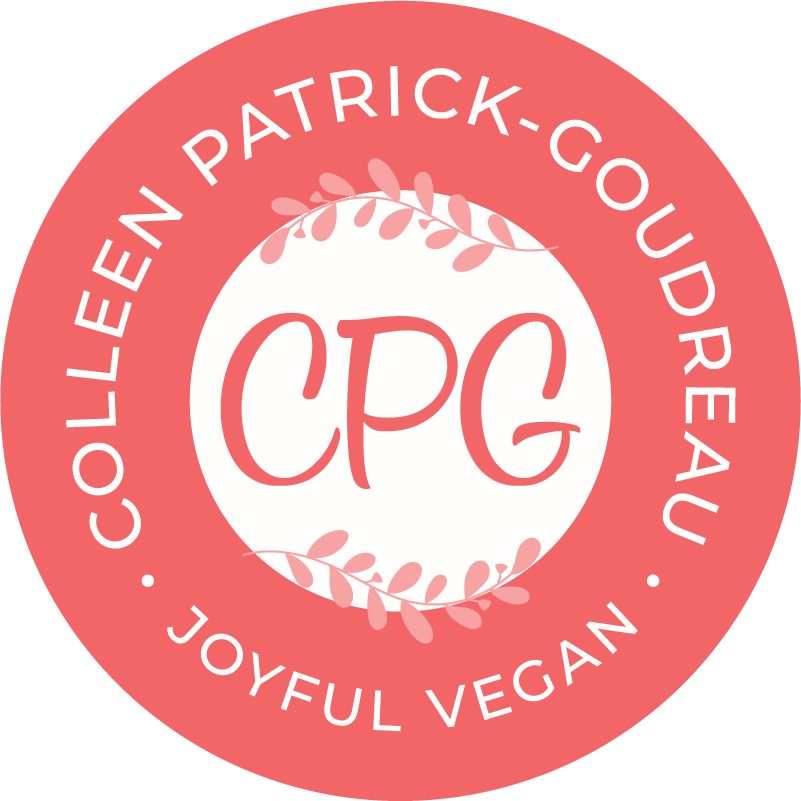I'm a vegan, but my family is not. My parents like to come up with arguments agaisnt my reasoning. I can usually come up with an answer, however today they come up with something that I couldn't really respond to:
I have explained that humans are not designed to eat meat and animal products, that it's not healthy etc.
She then questions how come her parents, grandparents, old people she knows are still alive and fit, well into their 60/70/80/90s, even though they consume animal products 3+ times a day. Clearly this is evidence that humans can process animals perfectly fine.
Please help me out here, in a way this makes sense, but what should I tell them?!
Thanks in advance
I have explained that humans are not designed to eat meat and animal products, that it's not healthy etc.
She then questions how come her parents, grandparents, old people she knows are still alive and fit, well into their 60/70/80/90s, even though they consume animal products 3+ times a day. Clearly this is evidence that humans can process animals perfectly fine.
Please help me out here, in a way this makes sense, but what should I tell them?!
Thanks in advance



